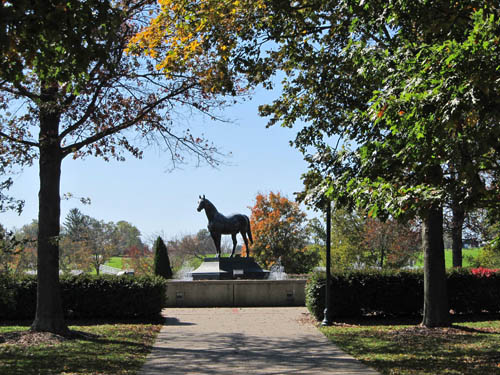The Four Loves
 The Four Loves is typical C.S Lewis: wise, witty, discerning, and self-effacing. I’ve heard about it for years, but something about the idea of an exposition of love seemed unappealing. I felt it might “murder to dissect.”
The Four Loves is typical C.S Lewis: wise, witty, discerning, and self-effacing. I’ve heard about it for years, but something about the idea of an exposition of love seemed unappealing. I felt it might “murder to dissect.”
The Four Loves does “examine” love, but it does so in a pleasing way. It offers a thoughtful look at affection, friendship, eros, and charity, spotlighting the distinctive character of each. Lewis also suggests some of the ways each can go wrong. His writing is frank and personal, and his insight into human nature and faith is very enriching.
Much of what I read here reminded me of themes fleshed out in other Lewis books: The Great Divorce, Narnia, That Hideous Strength. The feeling of familiarity was increased as I kept coming across passages I’ve seen quoted elsewhere. I thought I’d keep my reactions to a minimum with this review and offer a few of these quotes from the pages instead. This first one I’ve seen before, but it was good to read it in context. It’s in the affection section, and Lewis is talking about good and bad manners:
We hear a great deal about the rudeness of the rising generation. I am an oldster myself and might be expected to take the oldsters’ side, but in fact I’ve been far more impressed by the bad manners of parents to children than by those of children to parents. Who has not been the embarrassed guest at family meals where the father or mother treated their grown-up offspring with an incivility which, offered to any other young people, would simply have terminated the acquaintance? Dogmatic assertions on matters which the children understand and their elders don’t, ruthless interruptions, flat contradictions, ridicule of things the young take seriously — sometimes of their religion — insulting references to their friends, all provide an easy answer to the question “Why are they always out? Why do they like every house better than their home?” Who does not prefer civility to barbarism?
This passage, another familiar one, is from the charity section:
To love at all is to be vulnerable. Love anything, and your heart will certainly be wrung and possibly be broken. If you want to make sure of keeping it intact, you must give your heart to no one, not even to an animal. Wrap it carefully round with hobbies and little luxuries; avoid all entanglements; lock it up safe in the casket or coffin of your selfishness. But in that casket — safe, dark, motionless, airless — it will change. It will not be broken; it will become unbreakable, impenetrable, irredeemable. The alternative to tragedy, or at least to the risk of tragedy, is damnation. The only place outside Heaven where you can be perfectly safe from all the dangers and perturbations of love is Hell.
That one is really worth reading the whole book for.
And last but not least, here’s one that reminds me of another recent read, Os Guinness’s Prophetic Untimeliness:
All that is not eternal is eternally out of date.
Given its subject, The Four Loves won’t be out of date anytime soon. I’m glad I finally read it.





3 Comments
DebD
I especially like that 2nd quote. It goes well with a recent interview I heard on suffering, actually.
My husband and I acquired the BBC audio version of this very early into our marriage and listened to Lewis give these talks together. It made learning about the Four Loves quite memorable to us both.
Carrie, Reading to Know
I read this years ago when I had absolutely no ability to really understand and/or learn from it. I’m very curious to go back and read it again as I’m sure I’ll glean far more from it!
Barbara H.
Sounds like a good read. One of Lewis’s quotes about married love from Mere Christianity is one that has stayed with me over the years.